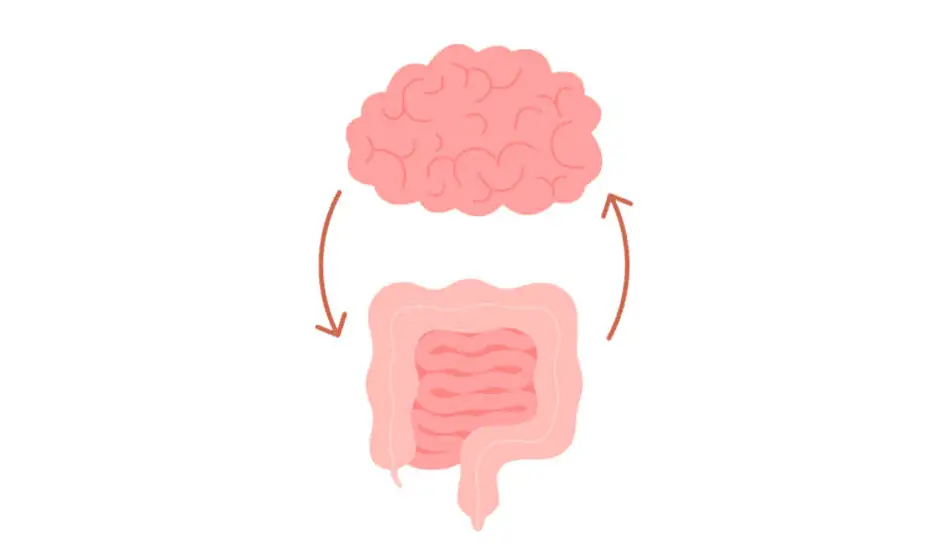
Terahertz What Does It Mean To Modern Medicine?
Terahertz Imaging
One of the most promising applications of THz technology in medicine is in the field of medical imaging. THz imaging is a non-invasive technique that can produce high-resolution images of biological tissues without the use of ionizing radiation, which can be harmful to the patient. THz waves can pass through many materials, including plastic, wood, paper, and fabrics, making it an excellent tool for examining tissues without destroying the sample.
In medical imaging, THz waves can be used to differentiate between healthy and diseased tissue, as different tissues have different absorption and scattering properties. For example, THz imaging can detect differences in the water content of tissues, which can be used to detect tumors, as cancerous tissue typically has a higher water content than healthy tissue.
THz imaging has already been used in several medical applications. For example, THz imaging has been used to examine teeth and detect cavities without the need for X-rays. Additionally, THz imaging has been used to examine skin lesions and detect melanoma, the deadliest form of skin cancer.
Terahertz Spectroscopy
THz spectroscopy is another promising application of THz technology in medicine. THz spectroscopy is a non-destructive method that can be used to analyze the vibrational modes of molecules in a sample. This technique can be used to identify and quantify compounds in biological samples, making it useful for drug development and disease diagnosis.
One application of THz spectroscopy in medicine is the detection of glucose levels in blood samples. Diabetes is a chronic disease characterized by high blood sugar levels, and monitoring glucose levels is critical for the management of diabetes. THz spectroscopy has been shown to be an effective technique for detecting glucose in blood samples, providing a potential alternative to the traditional methods of blood glucose monitoring.
THz spectroscopy can also be used in drug development. By analyzing the composition and structure of medicinal compounds, researchers can optimize the formulation and delivery of drugs. THz spectroscopy has also been used to study protein structures, which can aid in the design of new drugs and the understanding of various diseases.
Terahertz Radiation Therapy
THz radiation therapy is a novel technique that has the potential to revolutionize cancer treatment. THz waves have been shown to have the ability to kill cancer cells while leaving healthy cells unharmed. This is because cancer cells absorb more THz radiation than healthy cells, making them more susceptible to radiation damage.
THz radiation therapy has several advantages over traditional radiation therapy. Traditional radiation therapy uses high-energy X-rays or gamma rays, which can damage healthy tissues as well as cancerous tissues. THz radiation therapy, on the other hand, uses low-energy THz waves that are more selective in targeting cancerous tissues. This means that THz radiation therapy can be more effective in treating cancer while minimizing side effects.
THz radiation therapy has also been shown to be effective in the treatment of skin disorders such as psoriasis. Psoriasis is a chronic skin condition characterized by the rapid growth of skin cells, leading to the formation of red, scaly patches. THz radiation has been shown to be effective in reducing the inflammation associated with psoriasis, making it a potential alternative to traditional treatments.
Future Applications of THz Technology in Medicine
The potential applications of THz technology in medicine are vast and still being explored. One potential application is in the detection of bacterial infections. Bacterial infections can be difficult to diagnose, as they often present with non-specific symptoms. THz technology could potentially be used to detect the presence of bacteria by analyzing the THz absorption spectra of bacterial samples.
Another potential application is in the detection of Alzheimer’s disease. Alzheimer’s disease is a progressive neurodegenerative disease characterized by the accumulation of beta-amyloid plaques in the brain. THz technology has been shown to be effective in detecting these plaques in vitro, providing a potential diagnostic tool for Alzheimer’s disease.
THz technology could also be used in the development of novel drug delivery systems. By analyzing the interaction between drugs and biological tissues, researchers can optimize the delivery of drugs to specific tissues, minimizing side effects and improving efficacy.
Conclusion
In conclusion, THz technology has the potential to revolutionize modern medicine. THz imaging and spectroscopy offer non-invasive and non-destructive techniques for examining biological tissues and identifying compounds in biological samples. THz radiation therapy offers a potential alternative to traditional cancer treatments, with the potential for improved efficacy and fewer side effects. The future applications of THz technology in medicine are vast and still being explored, with potential applications in the detection of bacterial infections, Alzheimer’s disease, and the development of novel drug delivery systems. With continued research and development, THz technology could be a game-changer in the field of medicine.








